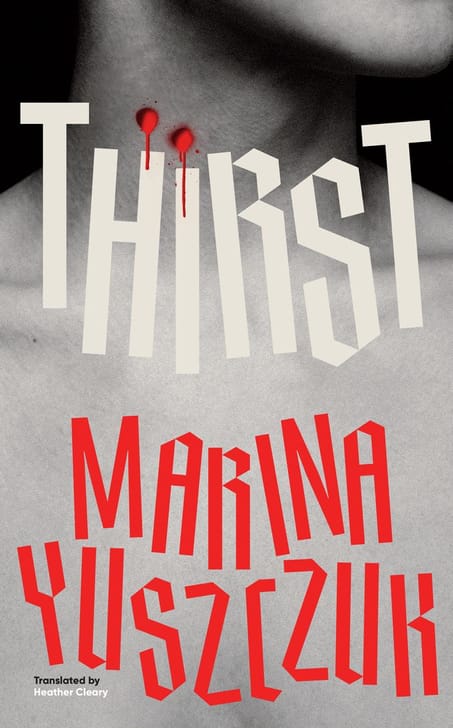Thirst
Translated by Heather Cleary
Overview
A breakout, genre-blurring novel from one of the most exciting new voices of Latin America’s feminist gothic.
Across two different time periods, two women confront fear, loneliness, mortality, and a haunting yearning that will not let them rest. In the nineteenth century, a vampire arrives from Europe to the coast of Buenos Aires, on the run from the Church. She must adapt, intermingle with humans, and, most importantly, be discreet.
In present-day Buenos Aires, a woman finds herself at an impasse as she grapples with her mother’s terminal illness and her own relationship with motherhood. When she first encounters the vampire in a cemetery, something ignites within the two women — and they cross a threshold from which there’s no turning back.
Thirst plays with the boundaries of genre while exploring the limits of female agency, the consuming power of desire, and the fragile vitality of even the most immortal of creatures.
Details
- Format
- Size
- Extent
- ISBN
- RRP
- Pub date
- Rights held
- Other rights
- Hardback
- 216mm x 135mm
- 256 pages
- 9781914484643
- GBP£16.99
- 24 October 2024
- UK & Cwealth (ex. Can)
- UK & Commonwealth (ex. Can)
Categories
Praise
‘It takes courage to write about vampires: they are the greatest of monsters, but also the most trivialised. Marina Yuszczuk manages to bring hers to life in this intimate take on the genre, which also weaves together grief, the history of Buenos Aires, and the voracity of desire.’
‘This gripping tale is full of queer representation and lush, lyrical passages, all while exploring death with an air of nihilism … Vampires are making a comeback, and Yuszczuk is spearheading their revival with this bloody novel.’
About the Author
Marina Yuszczuk was born in Argentina in 1978. She is a writer and founding editor of Rosa Iceberg, a press focused on publishing writing by women. She is the author of multiple books of poetry, short-story collections, and novels.
Translator
Heather Cleary is an award-winning translator of poetry and prose whose work has been recognised by English PEN, the National Book Foundation, and the Mellon Foundation, among others.


